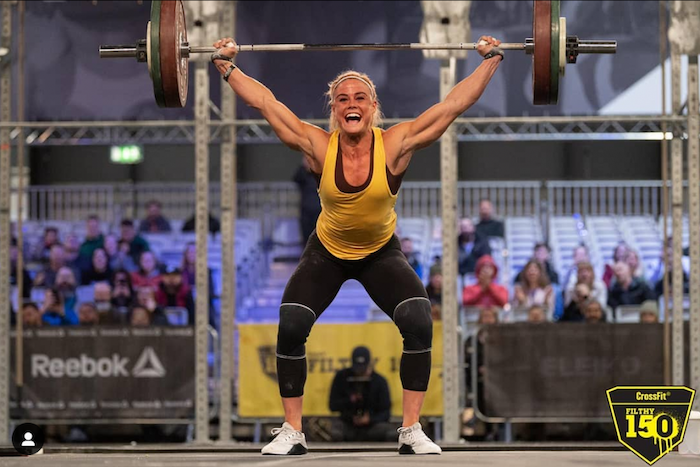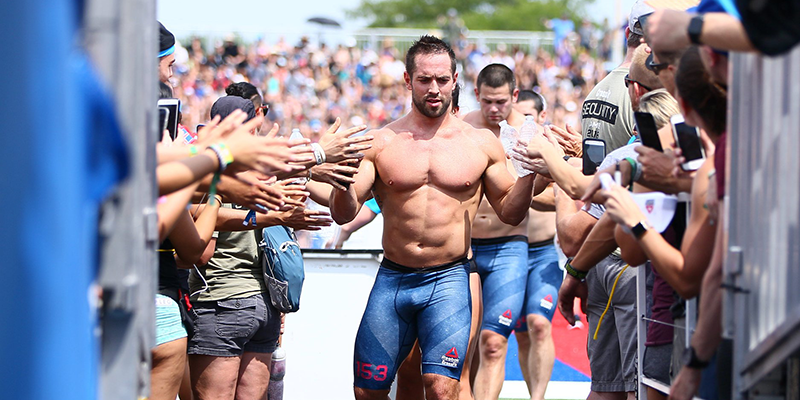What is the mental game?
Rich Froning once said he was sure there were other competitors that were «physically fitter than him but mentally, it was different a ball game». He also said that mental toughness should be included in the 10 general physical skills. Both of these comments were incredibly accurate and probably Froning’s most powerful weapon.
For whatever reason, these powerful insights never really resonated in the community. And I say this because even though this “mental game” concept is being thrown around a lot, do people really know what it is?
Understanding the mental game
Simply put, “mental game” could be considered as one’s ability to enter a productive mindset when faced with adversity. This may apply to many areas in a person’s life but in relation to sports, a top notch mental game would enable a performance level that matches the athletes’ expectations. However, during this process, one must face external and internal obstacles.
- External variables: other people’s expectations, performance of other athletes, weather, event duration, etc.
- Internal variables: negative thoughts or emotional states (anxiety, fear), escape and avoidance behavior, etc.
Why isn’t the mental game trained?
Those who aspire to improve in the sport of fitness, will work on every physical aspect known to man. However, this multidisciplinary approach to CrossFit doesn’t seem to include Psychology. Sure, there are many coaches and athletes who know a thing or two about it but it’s not enough; you need a specialist. The same way Mat Fraser sought a track coach to learn proper running and sprinting technique, it would appear logical to find a psychologist to enhance mental and behavioral techniques.
General CrossFit programming is usually good enough for gifted athletes to achieve some degree of success at the Games. But there’s a handful of athletes that never really live up to the hype they generate. So, when they get back home from Madison they change the duration, intensity and frequency of their training along with the content, they switch training partners or even coaches. With these drastic changes they hope to find better luck; and still they end up underperforming.

Sara Sigmundsdottir is a perfect example of this. She is, beyond a shadow of a doubt, one of the most gifted CrossFitters ever to have stepped on the competition floor and she has never placed higher than 3rd place. She’s moved from Iceland to Cookeville and back, she switched coaches, programmed for herself and results don’t seem to improve. The problem is definitely not her physical prowess or training, it’s her mental game.
If it’s a game… that means it can be won
Maybe that’s the reason why I decided to start this blog. As a CrossFit L1 trainer and a psychologist specialized in Cognitive Behavioral Therapy, I’ve suddenly felt the need to provide accessible and basic information about the psychological aspects that influence an athlete’s performance and how they could be trained.
- How to modify and manage your thought process to ensure your emotional state is optimal leading up to competition?
- How to adapt to every situation in an environment where tasks and objectives must continuously change in order to be successful in the sport?
- How to recover from an unexpected curveball in training or competition?
These are but a few questions I would like to answer to provide you with the necessary tools to gain that extra edge over competitors, and win the mental game. What do you think about the mental game? Let me know in your comments!

